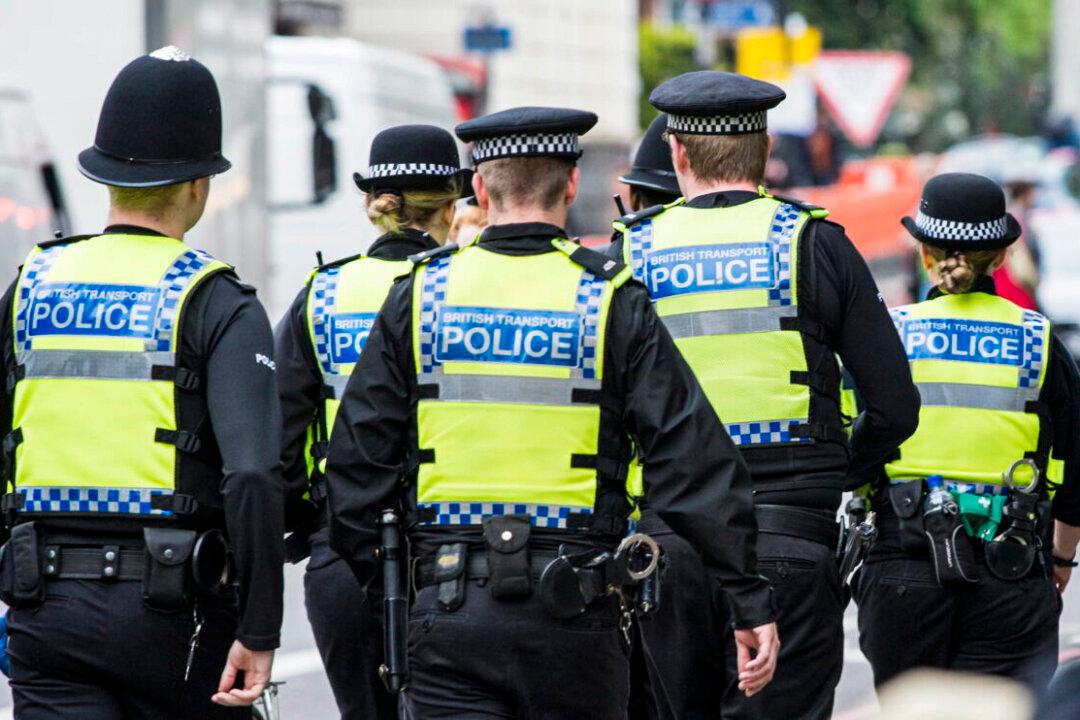Amid accusations that police forces are becoming too focused on political correctness, the UK’s new chief inspector has said officers should stay away from “the different thoughts that people have” and focus on serious criminality.
Andy Cooke, who took the senior professional police adviser role last month, said chief constables should avoid “politics with a small ‘p'” and remember there is a clear distinction between what is and is not a crime.




